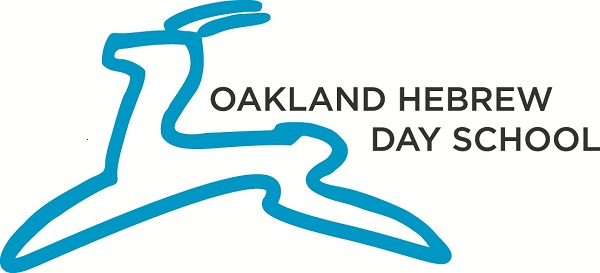Middle School Science In Depth
-
Sixth Grade Chemistry
Through experiments, data collection, projects, reading, writing and discussion, students:
Build scientific information and thinking skills through the exploration of chemistry
Learn about matter, chemical change, bonding, density and more
Participate in hands-on demonstrations and chemistry labs
Demonstrate in-depth understanding of the changes of state
Read informational scientific text to collect information, learn processes and understand new concepts
Write about scientific processes, observations and information using precise vocabulary and specific evidence to support conclusions
Develop understanding of statistical variability
-
Seventh Grade Biology
Through hands-on dissections, projects, reading, writing and discussion, students:
Build scientific information and thinking skills through the exploration of biology and human anatomy
Learn about cells, animal classification, heredity, human anatomy, nutrition and more
Create detailed models of animal and plant cells
Dissect earthworms, frogs, and other invertebrates
Discuss the impact of poor nutrition on the human body
Read scientific text to collect information, learn processes and understand new concepts
Write about scientific processes, observations and information using precise vocabulary and specific evidence to support conclusions
-
Eighth Grade Physics
Through hands-on experiments, projects, field trips, reading, writing and discussion, students:
Build scientific information and thinking skills through the exploration of physics
Learn about motion, forces, acceleration, momentum, simple machines, rockets and more
Build complex Rube Goldberg machines to demonstrate laws of motion
Integrate math and science learning by designing and building a roller coaster
Conduct physics labs, collecting data and producing written result summaries
Work in collaborative teams to solve challenging design problems
Read informational scientific text to collect information, learn processes and understand new concepts
Write about scientific processes, observations and information using precise vocabulary and specific evidence to support conclusions
